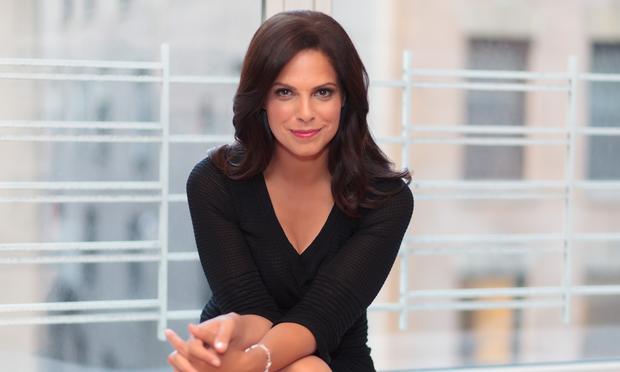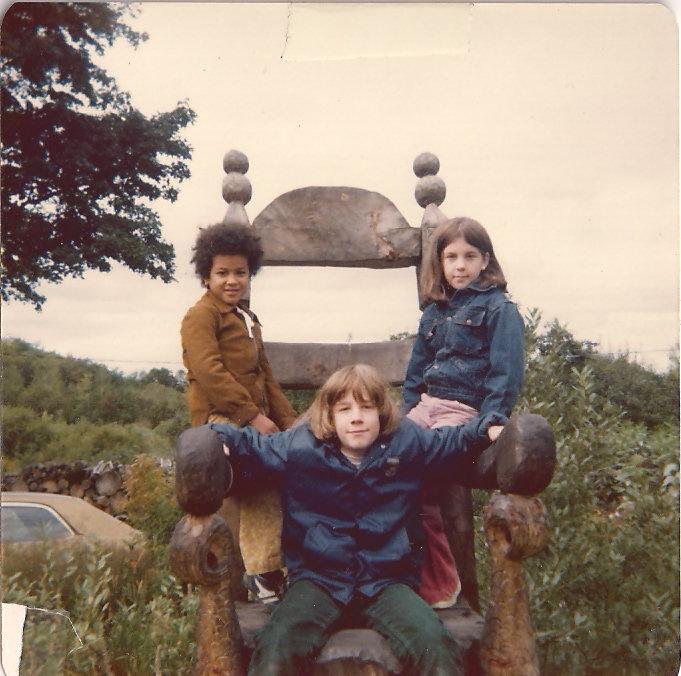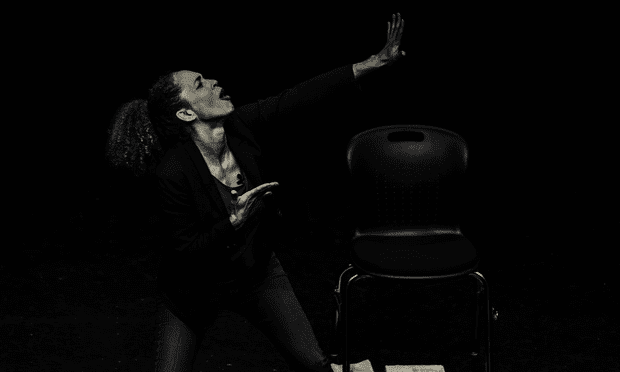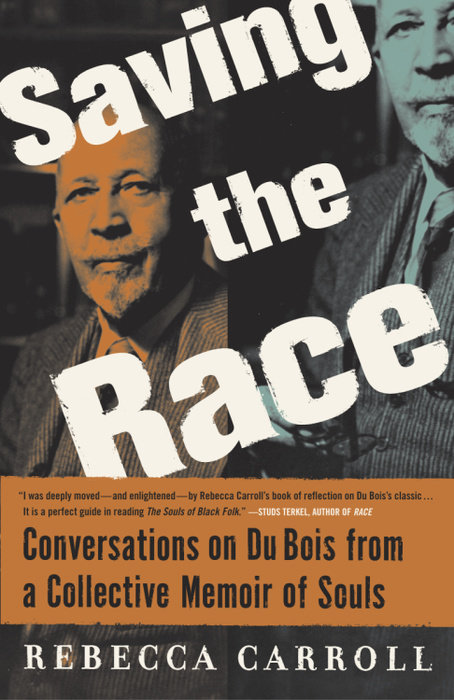The Evolution of Jurnee Smollett-BellPosted in Articles, Arts, Media Archive, United States on 2018-05-07 17:49Z by Steven |
The Evolution of Jurnee Smollett-Bell
Shondaland
2018-05-04

Jurnee Smollett-Bell GETTY/BRIANNA ELLIS-MITCHELL
I’m always in serious awe of really skilled child actors, because contrary to what a lot of folks likely think, it’s not just about playing make-believe. Sure, there is an element of pretending, but even that, I think, is a really courageous thing to do as a kid — to go deeply into your imagination, and stay there for hours upon hours. What if you forget who you really are? And, of course, a lot of child actors, especially those who find success, do end up forgetting who they really are. But one instance of a child actor who legit held it down as a young talent and then grew up to be straight fire: Jurnee Smollett-Bell.
Most striking of Smollett-Bell’s childhood cinematic oeuvre, to my mind, is her star turn in Kasi Lemmon’s gorgeous beyond belief breakout independent film “Eve’s Bayou,” which the late Roger Ebert named the best film of 1997. The story takes place over the course of a thick, blistering summer in rural Louisiana, and Smollett-Bell gives a searingly vivid performance as 10-year-old Eve Baptiste, whose daddy (Samuel Jackson), even though he’s a doctor, is no-count as hell, and the rest of her Creole family is kind of a hot mess, too. There’s a lot that can be said about the film on it’s own according — including Lemmons’ fierce command as a first-time filmmaker, the fine and brittle performance by Lynn Whitfield (Queen) as Eve’s mother, the sinewy depth of the cinematography, and set production, and just all the glistening, damaged, and glorious black skin in every single scene. But it’s Smollett-Bell, in her little denim overalls and mile-high Eve attitude that has stayed with me all these years.
Smollett-Bell, who comes from an entire constellation of stars — her brother Jussie is on a little show called “Empire,” and there’s also brothers Jojo, Jocqui, and Jake, and sister Jazz — grew up in New York City, where she and her siblings all began acting very young. All six siblings starred in the short-lived ABC sitcom “On Our Own.” They’ve remained close and recently published a cookbook together called “The Family Table.” The sitcom led to a handful of film roles for Smollett-Bell, among them “Eve’s Bayou,” also “Beautiful Joe” with Sharon Stone, and later, “The Great Debaters” with Forest Whittaker and Denzel Washington (who also directed). Smollett-Bell went on to work consistently in television, appearing as a series regular on “Friday Night Lights,” “The Defenders,” “True Blood” and the black folk family favorite, “Underground” (hootie hoo!), which earned her two Outstanding Actress nominations from the NAACP Image Awards…
Read the entire article here.




